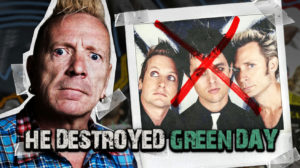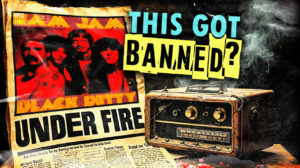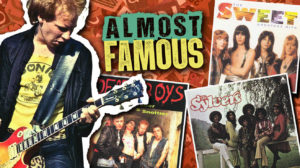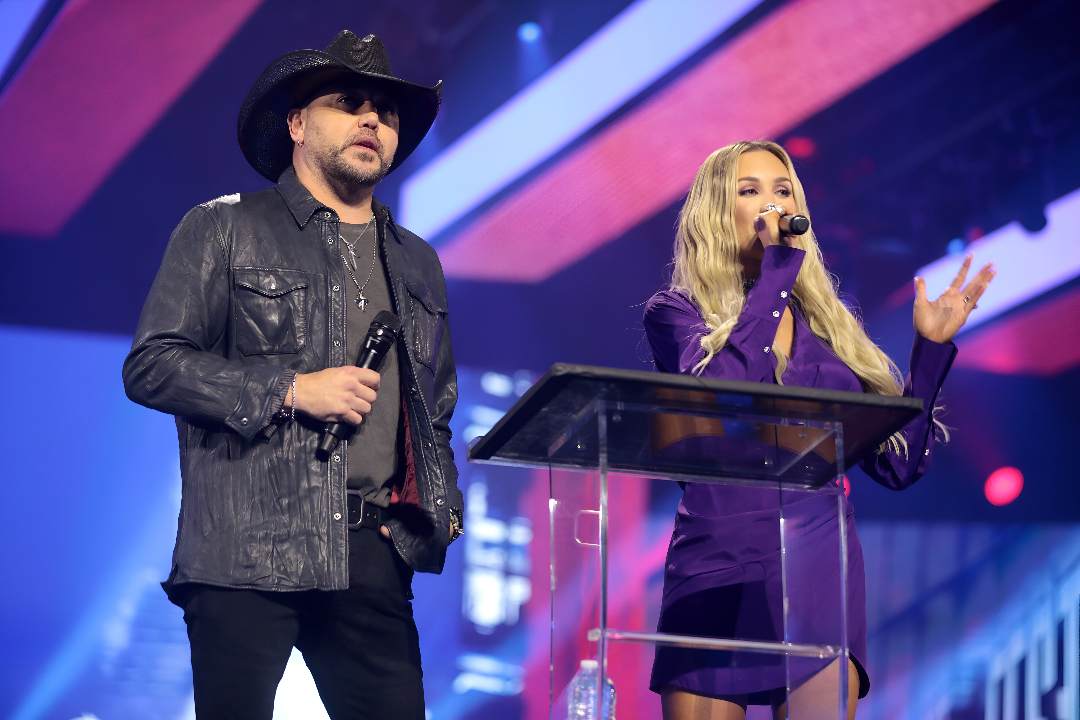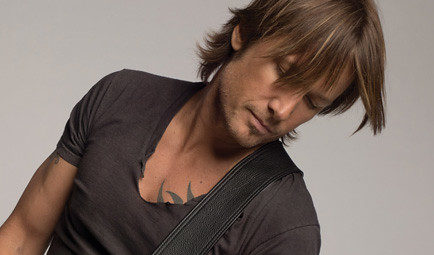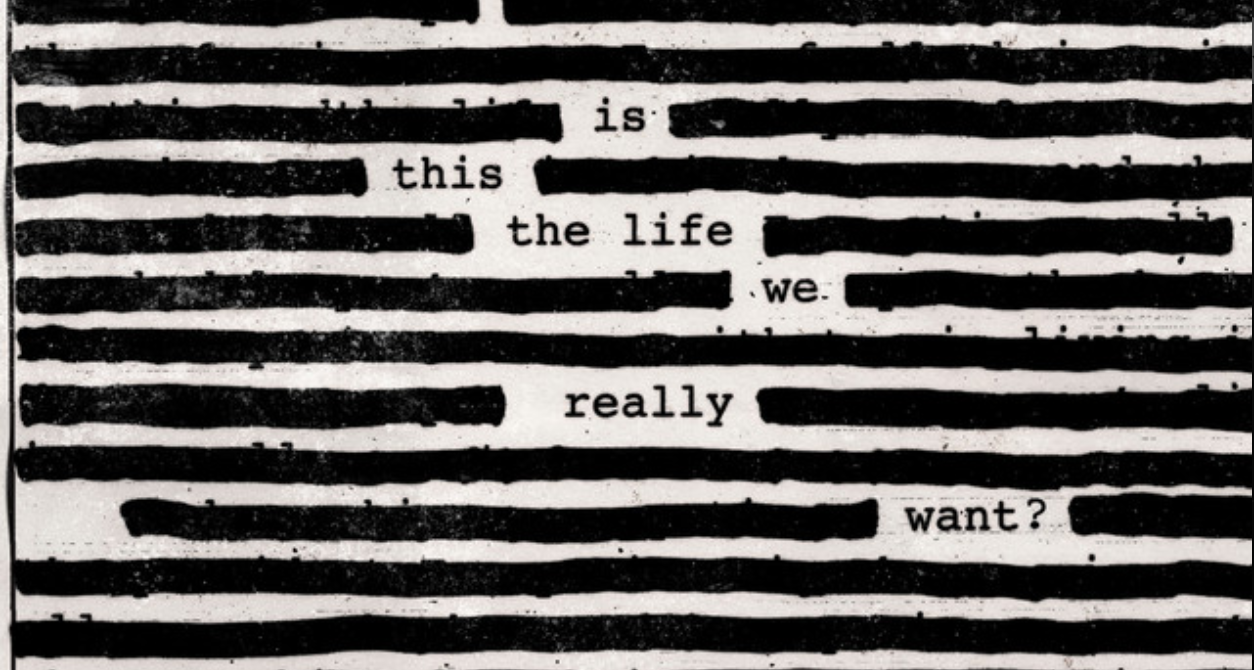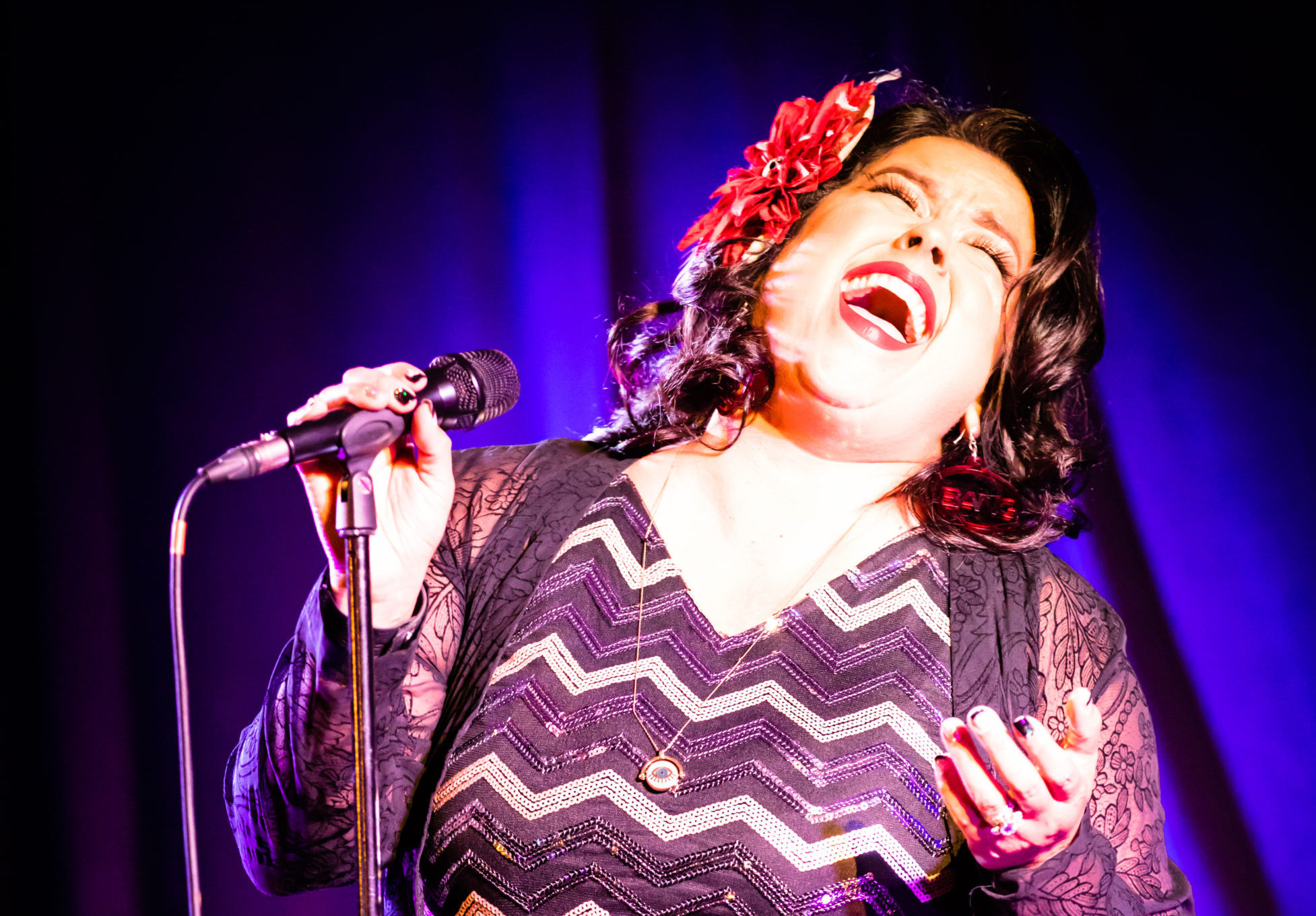
Feeling trapped in Netflix’s endless recommendation loop? The 1970s cinema landscape delivered raw, unfiltered creativity that modern streaming algorithms can’t match. While everyone knows “The Godfather,” these ten revolutionary films redefined storytelling but never found the audience they deserved. Ready to escape your streaming echo chamber?
10. Zardoz

Sean Connery’s red loincloth in “Zardoz” jolts viewers like finding your parents’ secret social media account. Director John Boorman’s ambitious world-building creates a visual experience making modern blockbusters look bland as corporate promotional posts.
The film explores social control with the depth of philosophy while predicting our current digital divide between tech elites and everyone else. This fever dream feels remarkably prescient in today’s algorithm-driven society.
9. Network

“I’m mad as hell, and I’m not going to take this anymore!” This battle cry cuts through today’s noise like a rare moment of authenticity on social media. The film’s media executives would feel right at home in today’s clickbait economy, where outrage equals engagement.
Sidney Lumet’s masterpiece earned four Academy Awards while essentially blueprinting Fox News, reality TV, and influencer culture decades before they existed. Diana Christensen’s ratings chase feels like witnessing the birth of the attention economy.
8. Dark Star

Made for roughly $60,000 (the budget of a modern influencer’s weekend getaway), John Carpenter’s debut feels like a meme that gained sentience. When crew members argue philosophy with a bomb experiencing an existential crisis, it hits different.
This micro-budget marvel pioneered DIY filmmaking similarly to how bedroom producers now create chart-topping hits on laptops. The film’s co-writer Dan O’Bannon later helped create “Alien,” proving today’s side project could become tomorrow’s cultural touchstone.
7. Mikey and Nicky

Watching Cassavetes and Falk feels like accessing someone’s private messages during a friendship collapse. Director Elaine May’s documentary-like camerawork captures male vulnerability with the raw intimacy rarely seen in cinema.
In an age of carefully curated online presences, this film strips away performative masculinity with brutal honesty. The fragility of male friendship under pressure exposes the same toxic dynamics that still plague modern relationships.
6. THX 1138

Before George Lucas created a merchandise empire, he crafted this minimalist masterpiece that makes “Black Mirror” episodes look optimistic. The film’s surveillance state hits harder in our era of smart devices, voice assistants, and algorithm-tracked movements.
Its immersive soundscape creates anxiety more effectively than most horror films, using audio to hack your brain’s threat detection system. THX’s desperate escape from conformity mirrors our struggles to maintain individuality in an age of data harvesting.
5. The Parallax View

Warren Beatty’s journalist uncovers conspiracy theories that would make today’s internet forums blush, yet feel disturbingly plausible in our post-truth landscape. The film’s bleak cinematography creates the visual equivalent of consuming endless bad news.
Pakula’s thriller predicted today’s crisis of institutional trust with uncanny accuracy. The manipulation techniques portrayed would fit seamlessly into modern social media strategy playbooks, making this film more relevant than ever.
4. Harold and Maude

Before dating apps made age-gap relationships trending topics, “Harold and Maude” exploded taboos with refreshing honesty. This unlikely romance between a death-obsessed young man and elderly free spirit delivers emotional range rarely found in formulaic content.
The film’s Cat Stevens soundtrack functions like a perfectly curated playlist for your existential questions. Its defiant individualism still resonates in our era of algorithm-approved relationships and socially acceptable life paths.
3. Sorcerer

“Sorcerer” hit the box office like an innovative artist overshadowed by mainstream trends – brutally rejected despite obvious brilliance. Released alongside “Star Wars,” this commercial disappointment grossed under $6 million against a $22 million budget.
The film’s legendary bridge crossing sequence delivers tension that makes modern CGI spectacles feel hollow. Friedkin’s masterpiece has been rediscovered by new generations, proving quality eventually finds its audience.
2. Five Easy Pieces

Jack Nicholson’s disillusioned pianist navigates existential crisis with raw authenticity rarely seen in carefully managed modern personas. His famous diner meltdown over toast ordering restrictions resonates with anyone tired of automated customer service.
The film’s exploration of identity feels tailor-made for our current era of personal branding and performative living. This Oscar-nominated character study strips away pretense with a honesty that feels revolutionary even today.
1. Valerie and Her Week of Wonders

This Czech dreamscape makes modern fantasy shows look as conventional as corporate headshots. Director Jaromil Jireš created visual poetry that would dominate today’s aesthetic if users discovered it.
The film’s surreal imagery explores adolescence through a kaleidoscope of symbolism that feels like discovering a visionary artist’s personal gallery. Its dreamlike narrative structure predicted our fragmented media consumption decades before attention spans were measured in seconds rather than hours.




